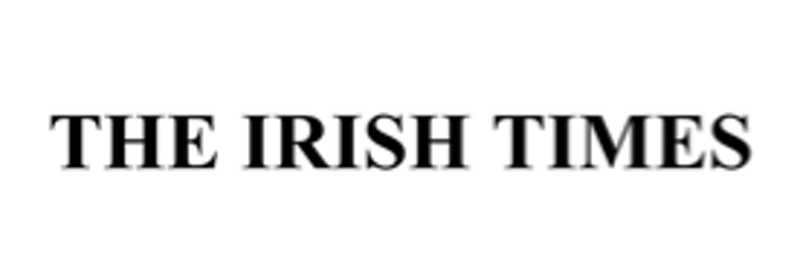

Europe-US resolve on China proves short-lived ahead of key meetings in Beijing and Washington
Le Pen Closer Than Ever to the French Presidency (and to Putin)
As elections approach Sunday, the far-right candidate is linked to the Russian president by a web of financial ties and a history of support that has hardly dimmed despite the war in Ukraine.
China sees at least one winner emerging from Ukraine war: China
Officials in Beijing believe it can take advantage of a distracted US and weakened Russia. The war in Ukraine is far from over, but a consensus is forming in Chinese policy circles that one country stands to emerge victorious from the turmoil: China.


France and Germany back Ukraine’s call for Russian troop pullback
Zelensky’appeal for help in Paris follows Biden’s condemnation of Russian ‘aggression’.
A New Player in the Indo-Pacific? South Korea’s New Southern Policy
A webinar by the Center for Asian Studies on South Korea's New Southern Policy examined the motivations, objectives, and means of, as well as possible challenges to, this policy, through an analysis of economic and trade cooperation on the one hand (Prosperity) and diplomatic and security cooperation on the other (People and Peace).
Japan's cyber diplomacy: cooperation with the EU and challenges ahead
In this interview, Dai Mochinaga, senior researcher at Keio Research Institute looks at Japan's cyber diplomacy and challenges for global cybersecurity and data governance.


Europe’s relationship with China is now one of mistrust and hostility
At the start of the pandemic, Europe and China helped one other. Then the mood changed.


Coronavirus: China wants to lead the fight against Covid-19, but can it overcome the mistrust?
With the United States gripped by a domestic struggle with Covid-19, China appears to have stepped into its shoes as a global provider.
Does a European diplomacy exist?
An interview with Thierry de Montbrial, Founder and Executive Chairman of the Ifri, on the occasion of his participation in the Trilateral Commission.
The significance of the France-Japan partnership
A dialogue with Yoshiji NOGAMI, Vice-Chairman of the Japan Institute of International Affairs (JIIA).
Support independent French research
Ifri, a foundation recognized as being of public utility, relies largely on private donors – companies and individuals – to guarantee its sustainability and intellectual independence. Through their funding, donors help maintain the Institute's position among the world's leading think tanks. By benefiting from an internationally recognized network and expertise, donors refine their understanding of geopolitical risk and its consequences on global politics and the economy. In 2025, Ifri supports more than 80 French and foreign companies and organizations.












